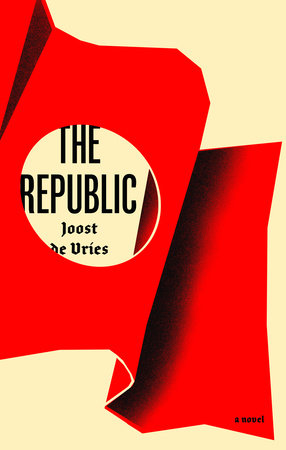
But he then says that he has met other men who do not feel this way. It is a brief but salient point and the book's first real discussion.Ĭephalus answers by saying that many are unhappy about old age because they miss their youth. Plato is seemingly interested with aging and love and in what effect they will have on him. The first real philosophical question posed by Plato in the book is when Socrates asks “is life painful at that age, or what report do you make of it?” when speaking to Cephalus who is older than Socrates. In his first philosophical conversation with the group members, Socrates gets into a conversation with Cephalus. They eventually end up at Polemarchus' house where Socrates encounters Polemarchus' father Cephalus. While visiting the city of Piraeus with Glaucon, Polemarchus tells Socrates to join him for a romp.

See also: Thrasymachus and List of speakers in Plato's dialogues However, the first book of the Republic, which shares many features with earlier dialogues, is thought to have originally been written as a separate work, and then the remaining books were conjoined to it, perhaps with modifications to the original of the first book. Nonetheless, Ritter, Arnim, and Baron-with their separate methodologies-all agreed that the Republic was well distinguished, along with Parmenides, Phaedrus and Theaetetus. However, the distinction of this group from the early dialogues is not as clear as the distinction of the late dialogues from all the others.

The Republic is generally placed in the middle period of Plato's dialogues-that is, it is believed to be written after the early period dialogues but before the late period dialogues. The dialogue's setting seems to be the time of the Peloponnesian War. They also discuss ageing, love, theory of forms, the immortality of the soul, and the role of the philosopher and of poetry in society. He considers the natures of existing regimes and then proposes a series of hypothetical cities in comparison, culminating in Kallipolis (Καλλίπολις), a utopian city-state ruled by a philosopher-king. In the dialogue, Socrates discusses the meaning of justice and whether the just man is happier than the unjust man with various Athenians and foreigners. It is Plato's best-known work, and one of the world's most influential works of philosophy and political theory, both intellectually and historically. Politeia Latin: De Republica ) is a Socratic dialogue, authored by Plato around 375 BCE, concerning justice ( δικαιοσύνη), the order and character of the just city-state, and the just man. The Republic ( Greek: Πολιτεία, translit. Plato from Raphael's The School of Athens (1509–1511)


 0 kommentar(er)
0 kommentar(er)
